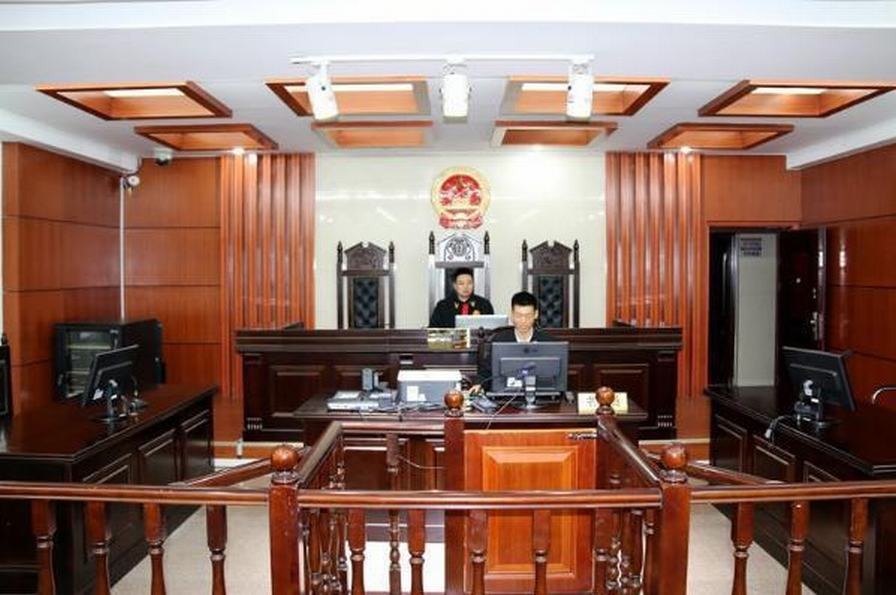
Contract fraud refers to the act of deceiving another party in order to illegally obtain property or other benefits through the conclusion, performance, or termination of a contract. The user is seeking a comprehensive understanding of this legal concept from the perspective of a seasoned senior attorney, including an in-depth analysis across five key aspects alongside the most recent and complete provisions of Chinese law governing such matters.
1. Definition and Forms of Contract Fraud: Contract fraud encompasses various deceptive practices, such as falsifying facts about one's own creditworthiness, assets, contract performance capabilities, or the quality and nature of goods/services being contracted for. It also includes misrepresenting important facts related to the contract, using counterfeit, altered, or invalid documents, and intentionally not fulfilling contractual obligations after receiving payment or goods. According to Article 224 of the Criminal Law of the People's Republic of China, "Whoever, in order to非法占有the property of others, concludes a contract or conducts transactions by means of fraud, shall be sentenced to fixed-term imprisonment of not less than three years but not more than ten years and shall also, or shall only, be fined; if the amount involved is巨大or there are other serious circumstances, he shall be sentenced to fixed-term imprisonment of not less than ten years or life imprisonment and shall also be fined or confiscated of his property."
2. Intent and Motive: A crucial element in identifying contract fraud is the fraudulent intent to illegally possess the property of another. This intention distinguishes it from civil breaches of contract where the inability to fulfill obligations may stem from financial difficulties or unforeseen circumstances. The law emphasizes the subjective intent behind the actions, which must be proven during prosecution (Criminal Law, Article 224).
3. Victim Identification and Losses: The victims of contract fraud typically include individuals, businesses, or organizations that have been deceived into entering a contract or transaction, leading to economic losses. These losses can encompass direct financial damages, loss of business opportunities, or reputational harm. The quantification and proof of these losses are pivotal in determining the severity of punishment (Supreme People's Court Interpretation on Several Issues Concerning the Specific Application of Law in the Handling of Criminal Cases Involving Contract Fraud).
4. Investigation and Evidence Gathering: Given the complexity of contract fraud cases, investigations often require meticulous evidence gathering, including documentation, witness testimonies, and expert evaluations. Electronic data, such as emails, text messages, and online transaction records, play a critical role. China's Criminal Procedure Law outlines the procedures for collecting and handling evidence, emphasizing the need for legality, objectivity, and relevance (Criminal Procedure Law, Articles 48-61).
5. Legal Remedies and Punishments: Legal remedies for victims of contract fraud range from civil suits seeking compensation to criminal prosecutions resulting in imprisonment, fines, or both. The severity of punishment is contingent upon the amount involved, the severity of consequences, and whether there are aggravating circumstances. Additionally, victims may seek restitution as part of the criminal proceedings or initiate separate civil actions (Criminal Law, Articles 224; Civil Procedure Law).
In summary, contract fraud is a severe offense under Chinese law, entailing intricate legal nuances that demand careful examination of intent, evidence, and losses. Victims can pursue both civil and criminal avenues for redress, while perpetrators face stringent punishments aimed at deterring such fraudulent activities and safeguarding the integrity of commercial transactions. Understanding and navigating these complexities with the guidance of a skilled legal professional is imperative for all parties involved.










